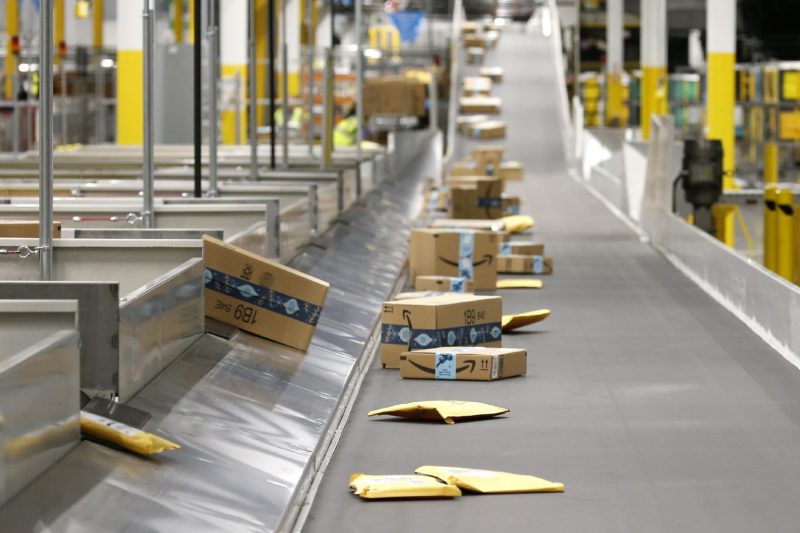Amazon is Responsible for Dangerous Products Sold on Its Site, Federal Agency Rules
A recent ruling by a federal agency has shed light on the accountability of e-commerce giants like Amazon for the sale of potentially hazardous products on their platforms. The decision comes as a much-needed wake-up call, highlighting the importance of ensuring consumer safety in the digital marketplace.
The Federal Trade Commission (FTC) has determined that Amazon bears responsibility for defective and unsafe products sold by third-party sellers on its site. This ruling marks a significant turning point in the ongoing debate over the liability of online marketplaces for the products they facilitate the sale of, setting a precedent for stricter regulation and enforcement measures in the e-commerce industry.
The implications of this ruling are far-reaching, not only for Amazon but for the entire e-commerce ecosystem. It underscores the need for greater transparency, accountability, and oversight in the online retail space to protect consumers from harm and uphold their rights. As the dominant player in the market, Amazon must lead by example and take proactive steps to ensure that its platform is not used as a marketplace for dangerous or counterfeit goods.
One of the key issues highlighted by the FTC ruling is the lack of effective mechanisms for preventing the sale of unsafe products on Amazon’s site. While the company has implemented certain measures to detect and remove prohibited items, there remains a significant gap in the oversight of third-party sellers and their compliance with safety standards. The ruling emphasizes the need for Amazon to strengthen its monitoring and enforcement efforts to prevent the sale of hazardous products and hold sellers accountable for any violations.
Moreover, the ruling raises questions about the liability of online marketplaces for the products sold on their platforms. While Amazon has long claimed immunity from liability under Section 230 of the Communications Decency Act, the FTC ruling challenges this argument by holding the company responsible for ensuring the safety of products sold on its site. This shift in accountability could have profound implications for other e-commerce platforms and may pave the way for stricter regulations governing online marketplaces.
In response to the ruling, Amazon has stated its commitment to enhancing safety measures and working closely with regulators to address the issue of hazardous products on its platform. The company has pledged to invest in technology and personnel to improve the detection and removal of unsafe items, as well as collaborating with law enforcement agencies to crack down on violators. These efforts signal a step in the right direction toward creating a safer online shopping experience for consumers.
Overall, the FTC ruling serves as a critical reminder of the responsibility borne by e-commerce platforms like Amazon to prioritize consumer safety above all else. By holding online marketplaces accountable for the products sold on their sites, regulators are sending a clear message that the well-being of consumers must never be compromised for the sake of profit. As the e-commerce industry continues to evolve, it is imperative that platforms like Amazon take proactive steps to ensure the integrity and safety of their marketplace for the benefit of all stakeholders.


























